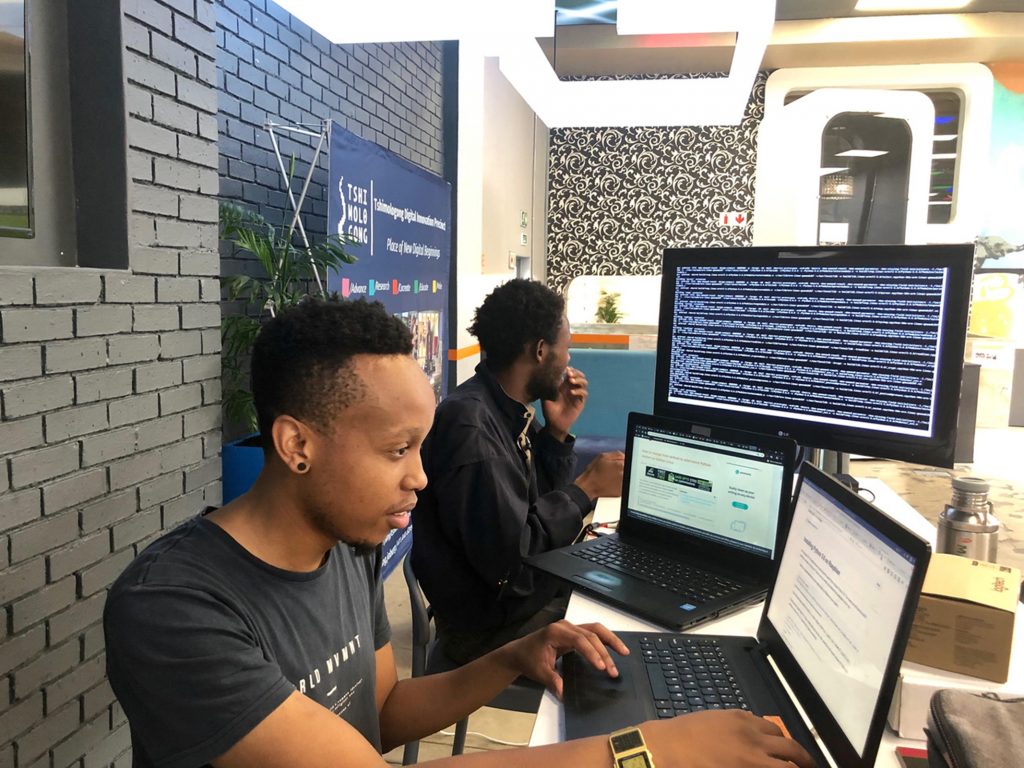Empowerment
Is SA Connect Ready?
The government’s SA Connect project, aims to deliver broadband access to 90 per cent of the country’s population by the end of 2020 and access to all by 2030.
While several hundred facilities have been connected so far, the 2030 target may seem ambitious, but Professor Barry Dwolatzky, director of The Joburg Centre for Software Engineering (JCSE), remains hopeful.

“The first sign that SA Connect 2 – the revised broadband strategy – will be more successful is that the Presidential Commission on the Fourth Industrial Revolution (4IR) has defined infrastructure as one of its major pillars. The second is that the COVID-19 pandemic has made it clear that there is a significant digital divide in SA that will amplify and widen in the ‘post-COVID-19 new normal’.”
Tshimologong Makerspace co-manager Nelson Sekgota is similarly optimistic. “The internet has become a basic need, like water, food or shelter, and government has realised this. The Department of Telecommunications and Postal Services has embraced 4IR and the fact that the internet is at the heart of this revolution and is working through state-ownedcompany Broadband Infraco to invest in network infrastructure for remote areas,” he says. “It will take a while until we reach full coverage, but these small steps will eventually get us there.”

“A mixed technology strategy that fills in the gaps in the short-term and constructs a lot more fibre in the long-term is the likely answer,” says Dwolatzky. “Mobile is not the answer, given the fact that the mobile network operators work on a purely profit-centred economic model. The big challenge is last-mile connectivity. Technologies such as fixed wireless can be used in some areas, while other technologies such as VSAT could be considered.”
“The poor will be left behind if they are not given access to the internet,” says Sekgota. “The internet offers many basic and employment skills relevant to today’s and future jobs. It also offers an opportunity to connect and work online and to access social connections, e-commerce and gig jobs that the poor will miss if they are not connected.”
He believes that universal access to high-quality and relevant education will be the equaliser within our society. “The 41R is rapidly gaining ground with many jobs becoming automated through technologies such as artificial intelligence, the internet of things and cloud computing. Our education system needs to swiftly evolve to include courses such as coding – a basic skill necessary for many emerging technologies – in the school curriculum.”
Skilled trainers will then be required to equip newly-connected citizens to reap the benefits of connectivity.






 Sign-up and receive the Business Media MAGS newsletter OR SA Mining newsletter straight to your inbox.
Sign-up and receive the Business Media MAGS newsletter OR SA Mining newsletter straight to your inbox.